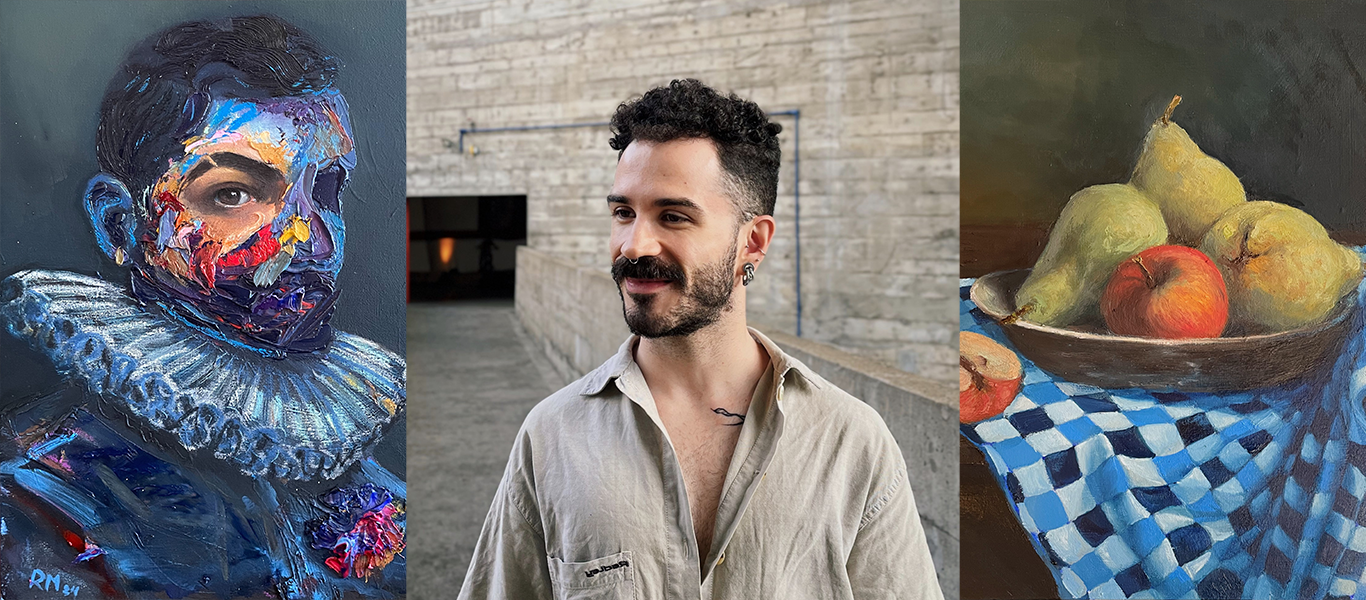
15th August 2024
Interview with Rafael Mesquita
The connections and exchanges that people have are inspirational to Rafael alongside exploring different art mediums and being inspired by Francis Bacon. Read our interview with Brazilian artist, Rafael.
Rafael Mesquita is a Brazilian artist from Curitiba, Paraná. His artistic research focuses on oil painting, combining figurative, personal, and poetic themes with contemporary elements. Influenced by artists like Francis Bacon, Emilio Villalba, Jessica Vieira, and Luan Zumbi, he has been working as an artist since 2017.
He values texture and finishes in his works, along with the emotions and poetry they convey. Using oil paint as his primary material, he explores layers and sentimental and technical connections during the process, incorporating graphite, charcoal, oil pastel, and acrylic paints.
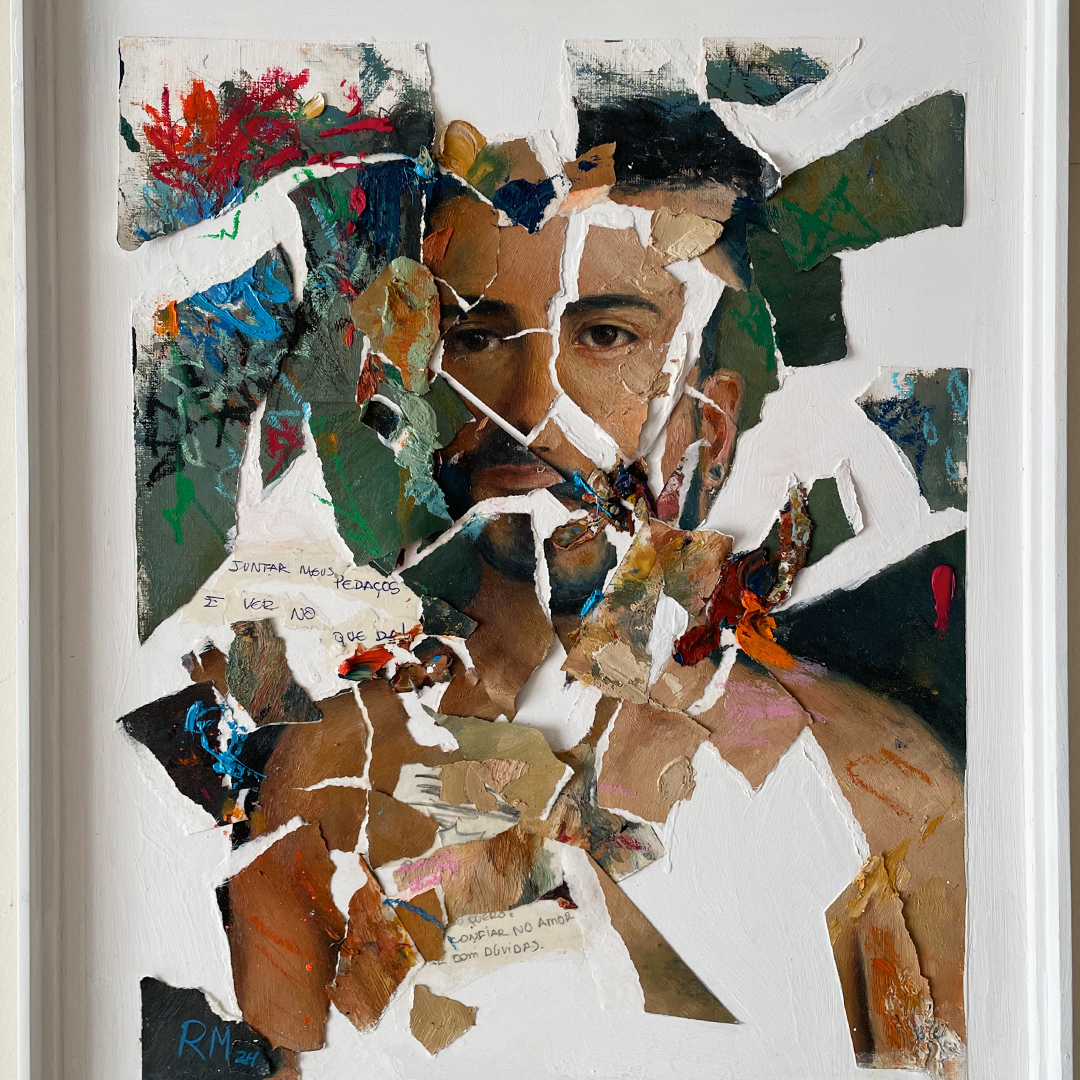
What inspired you to pick up a brush and start painting?
From an early age, I was fascinated by visual arts and always loved to draw. My mother enrolled me in a drawing course when I was 8 and soon after I wanted to try painting, where I stayed for five years. I returned to art as an adult; it has always been a refuge and comfort for my feelings. Discovering the work of Francis Bacon was a major impetus for me to delve deeper into painting. The LGBTQ+ themes, self-portraiture, and the use of history in his artistic and poetic journey inspired me to explore similar brushstrokes.
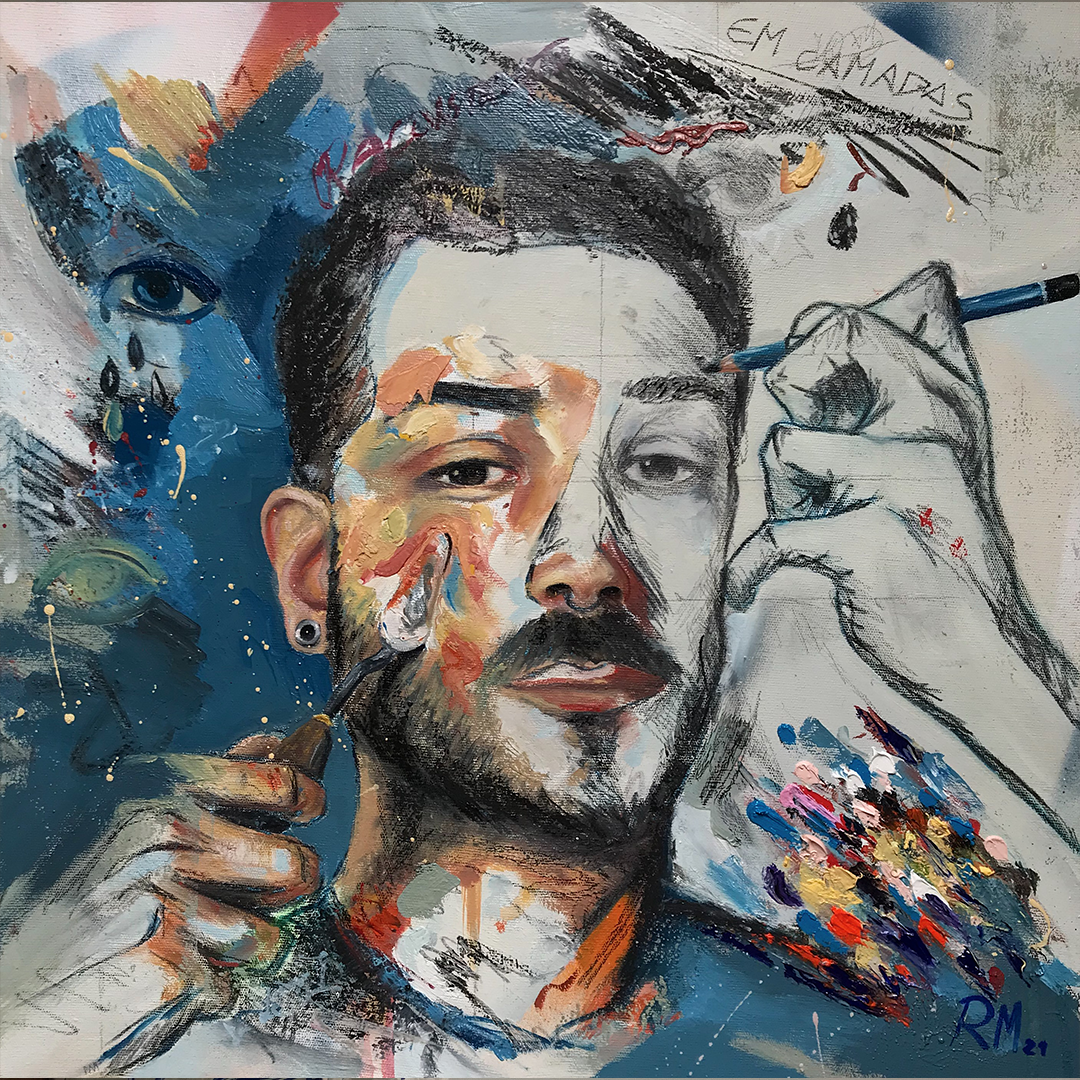
When did your love of art start? Did you always want to be an artist?
My love for art began in childhood, but I never saw it as a profession. In a small town with no cultural incentives, in a country that has only recently started to mobilize more for art and culture, I set aside that dream and stopped drawing. I graduated as a civil engineer in 2018, but I returned to art in 2017 as it helped me through dark times. Since then, I have used art as an anchor and pursued my dream of being an artist with greater strength, power, and courage.
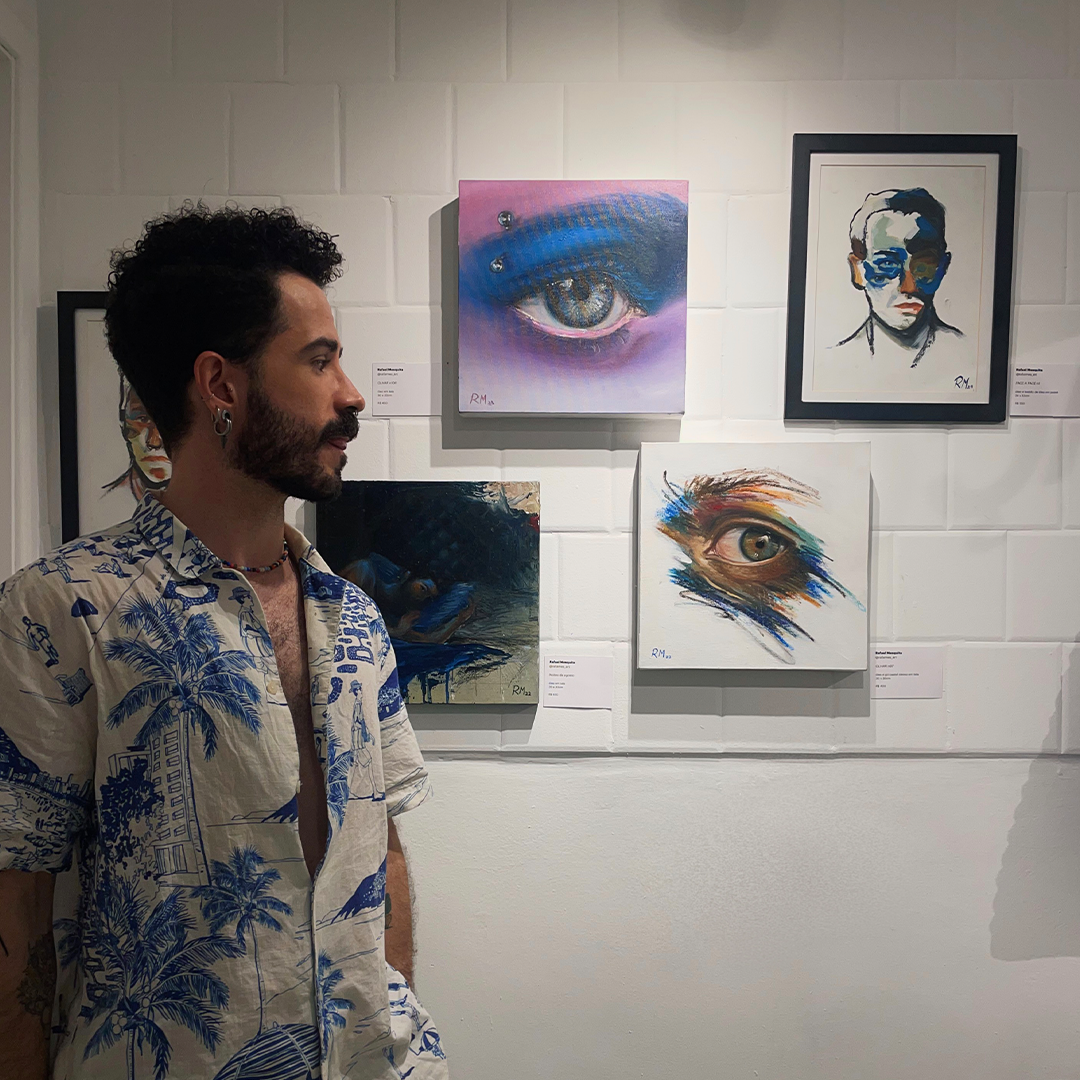
What would be your advice for new artists just starting up?
Never stop practising and experimenting. Find your own voice and don't be afraid to make mistakes. It's in these moments that we grow. Life is more about the journey than the destination, and the same applies to painting and drawing. The process can be much more valuable and enriching than the final artwork. Enjoy the journey.
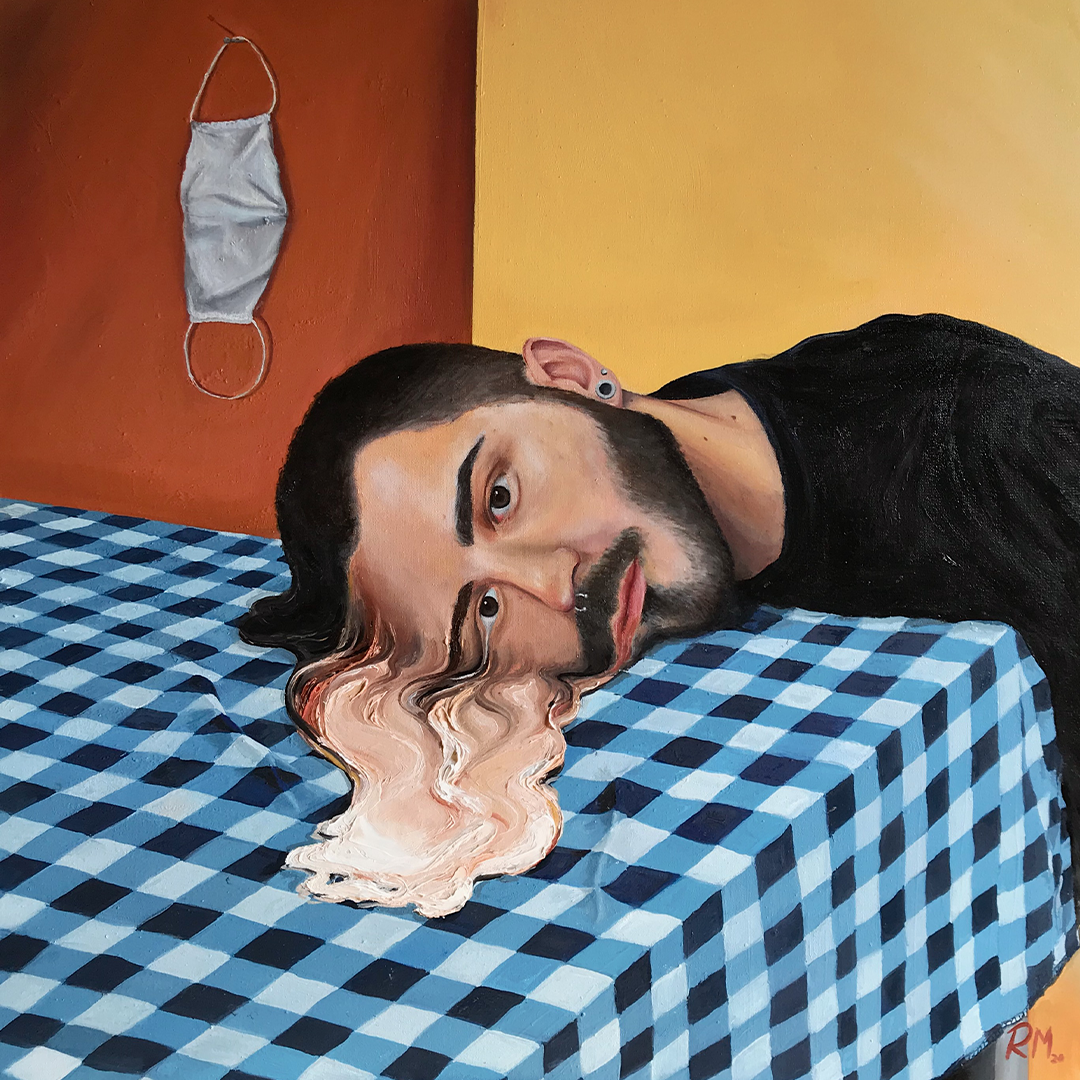
What is the best tip you were told early in your career?
Always observe and study the works and artistic processes of both old and contemporary painters, trying to understand the technical parts of a piece through observation and experience with the paint. Seek contemporary relevance to work with current history on a solid technical foundation.
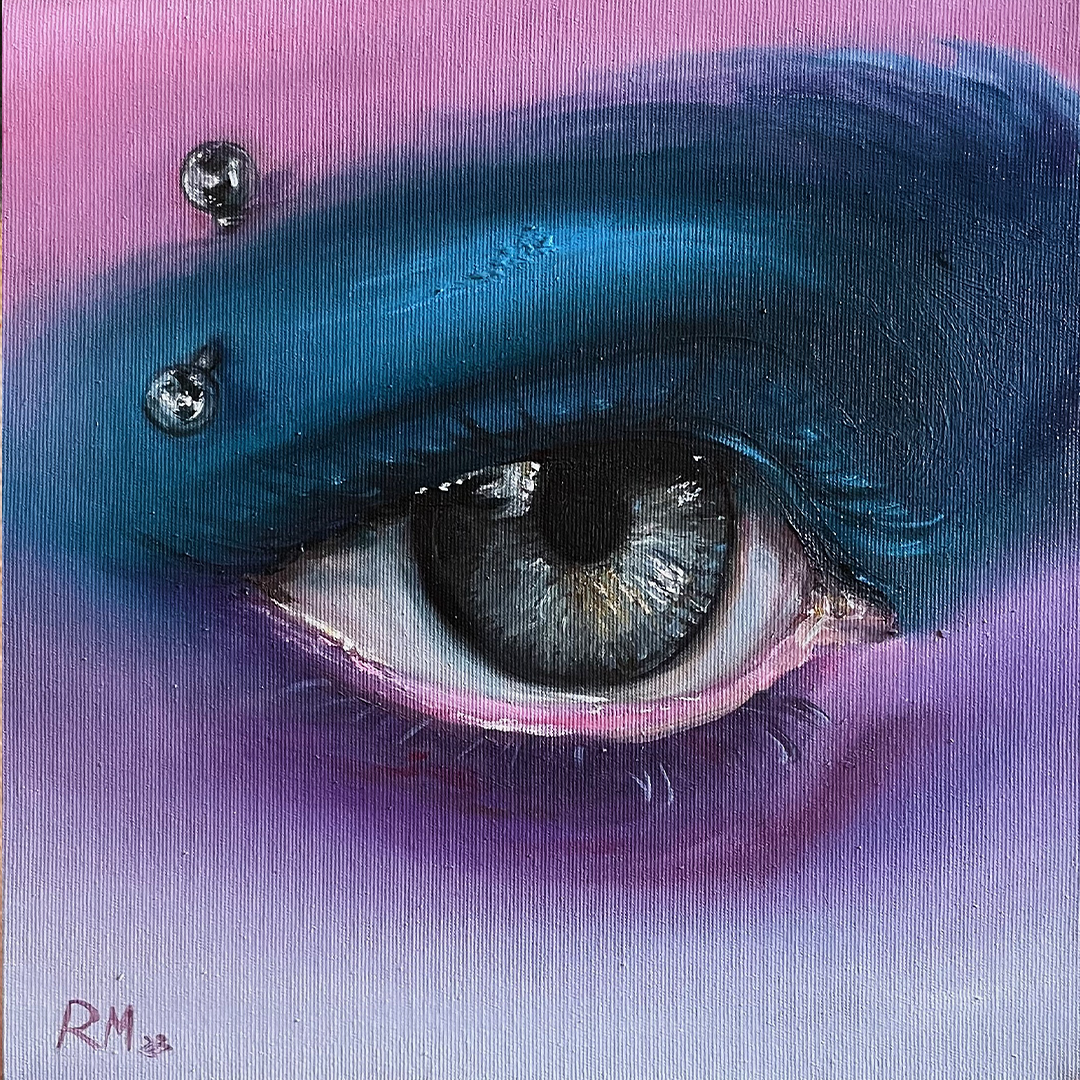
How has social media helped your career?
Social media has allowed me to reach a broader audience and share my creative process, as well as connect with other artists and opportunities. I currently showcase my processes and progress, which are part of my artistic journey, on Instagram and TikTok. I also present a longer and calmer artistic process on YouTube. This way, I have better documentation and allow people to access these stages of work as motivation and curiosity. My art reflects what I live and who I am, and through social media, I can share this with people.
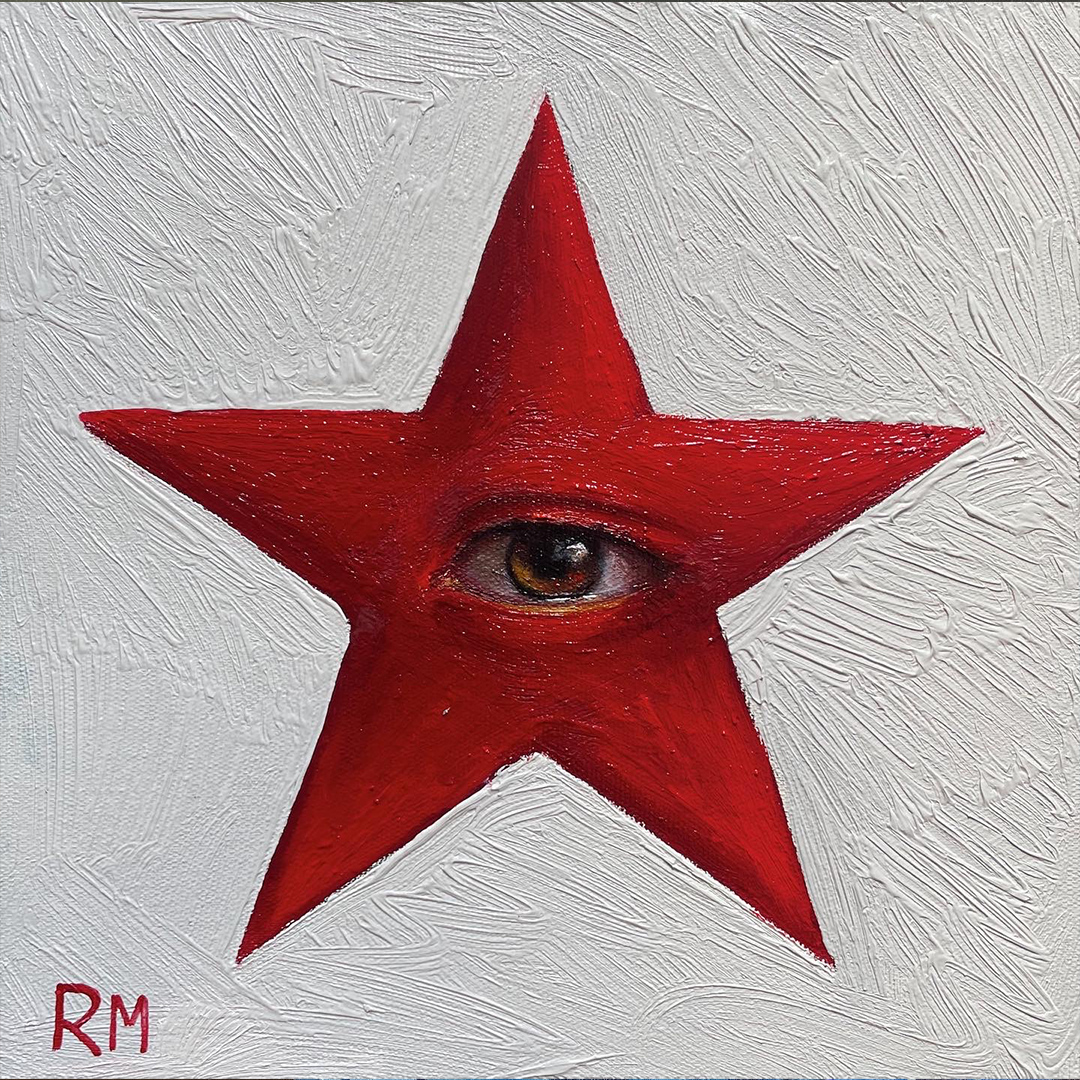
Where do you get your inspiration from?
My inspiration comes from various sources, including nature, the human condition, and the work of artists I admire. I bring my experiences to my art, which motivates much of it. My history, romances, broken hearts, and life and health issues. Art serves as a comfort and is connected to everything I live and see.
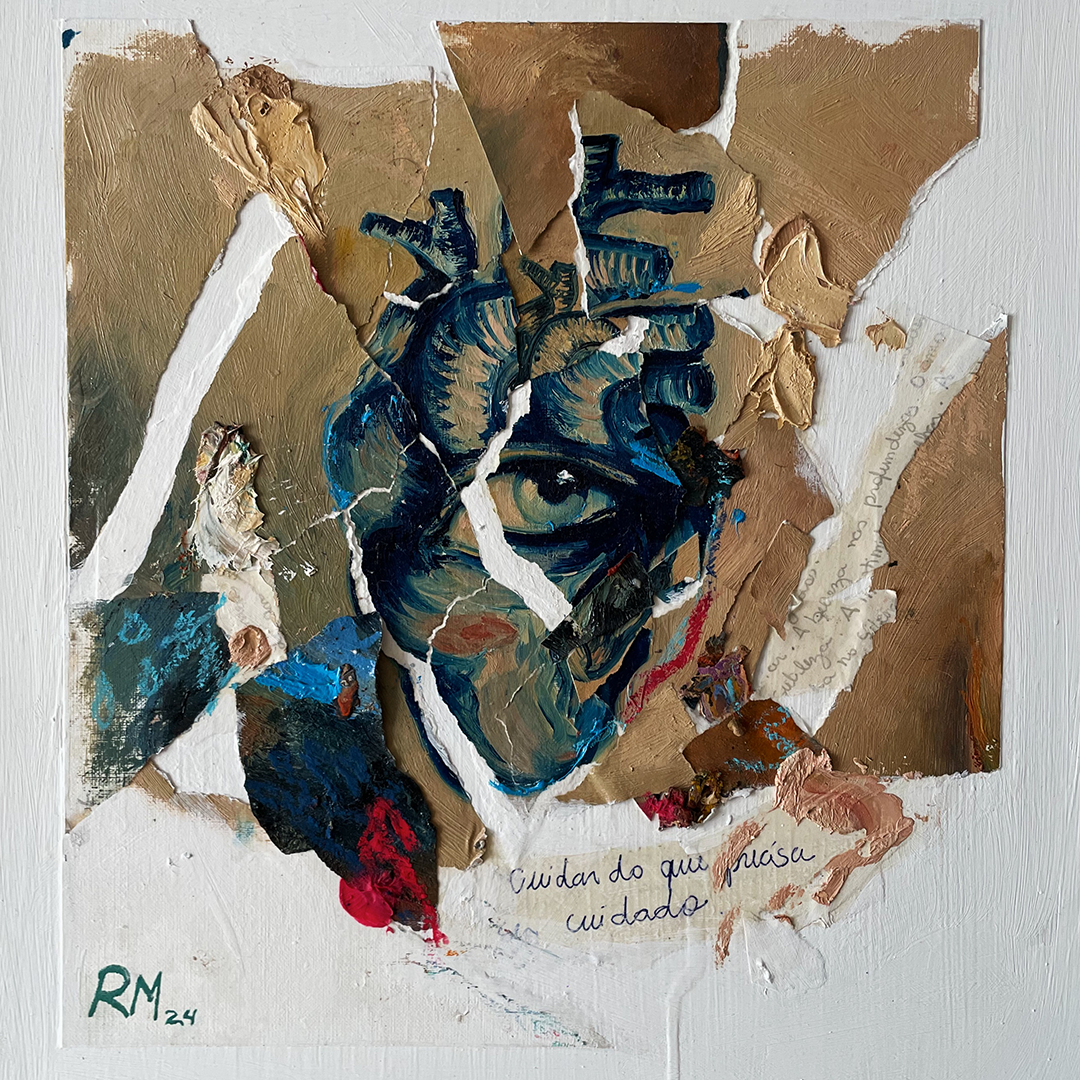
What is your favourite Daler-Rowney product and why?
I really like Daler-Rowney oil paints for their quality and versatility. These are the paints I use the most, where I explore colours and textures in each painting.
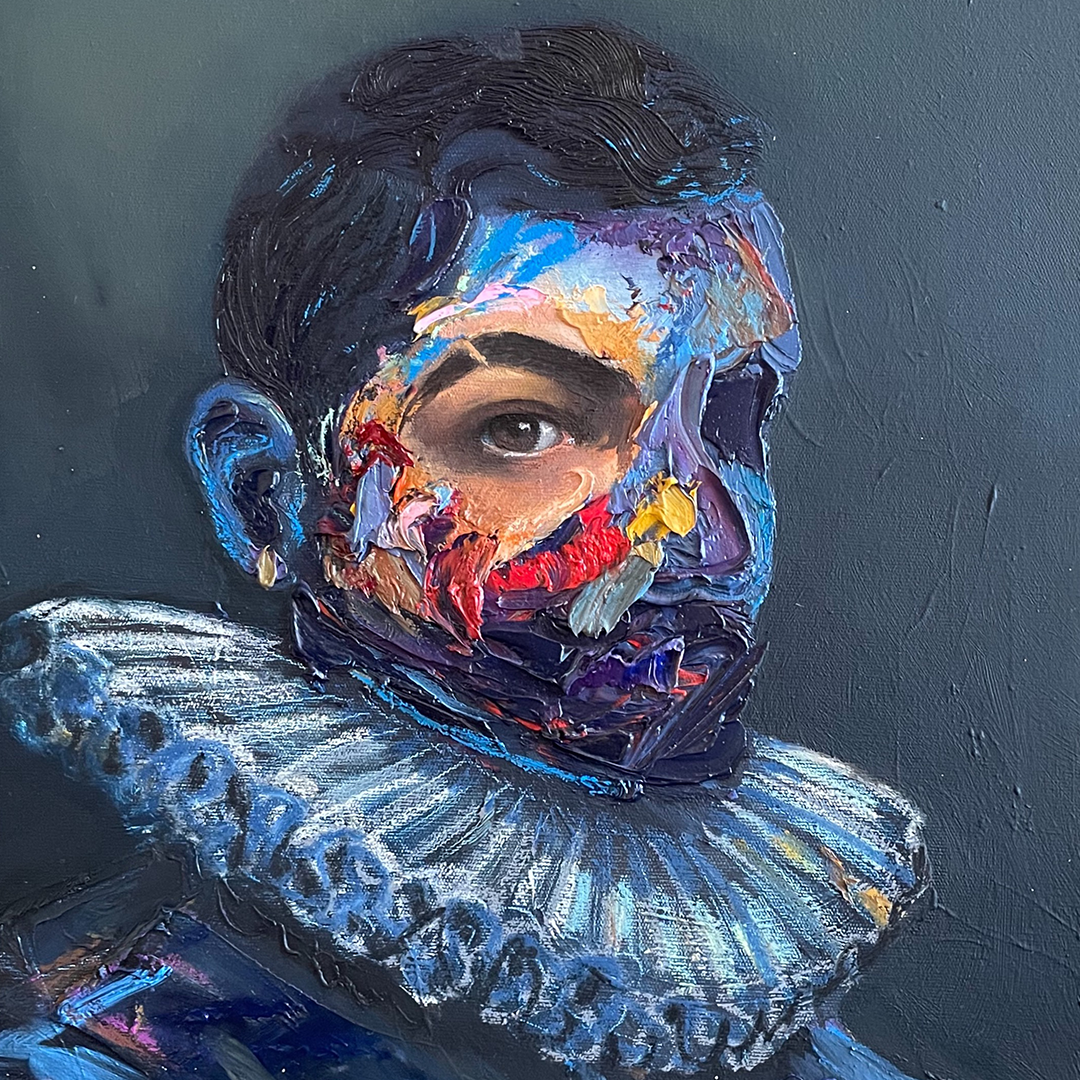
What is a technique that you haven't tried yet that you would love to try & why?
I would like to experiment with rubber engraving and handmade printing techniques. I believe that the movement of fabrics can bring a unique characteristic to paintings on them.
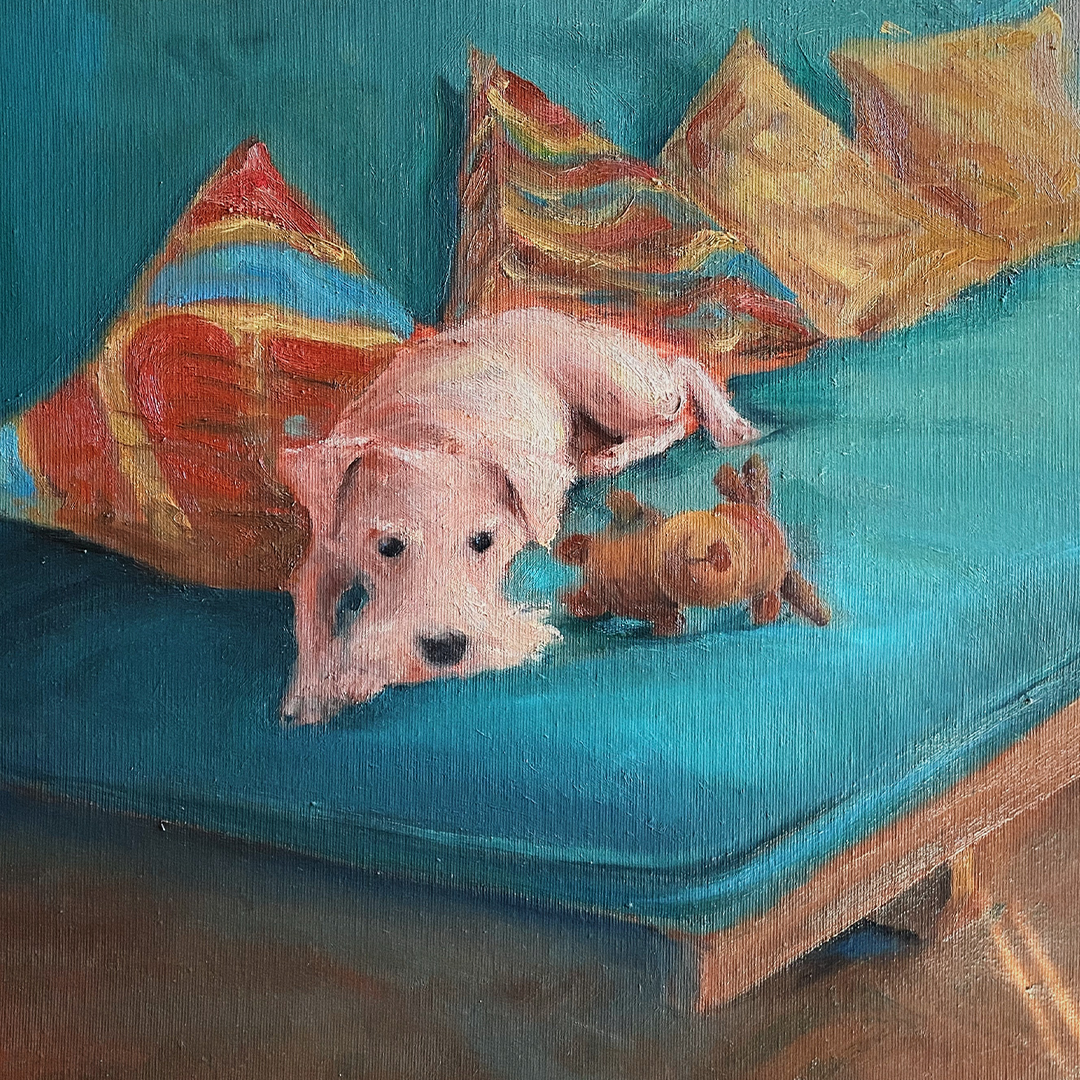
What do you find most valuable as an artist?
What I find most valuable about being an artist is the connections and exchanges with people. They are extremely valuable for us, as artists, to better understand our processes and progress. These are connections between materials, people, and life. All of this impacts what we create, whether in paint or pencil. Affection and wet paint. Each piece of art is unique to me, and it can be unique for those who see it. Being an artist can sometimes be solitary, as there is much being created and thought about internally. It is important to embrace all of this and rely on other trajectories to guide us toward a better understanding of our poetry. It is a genuine way to deal with the issues of life, and many people also benefit from the support we offer.
Explore Rafael's work further here.
